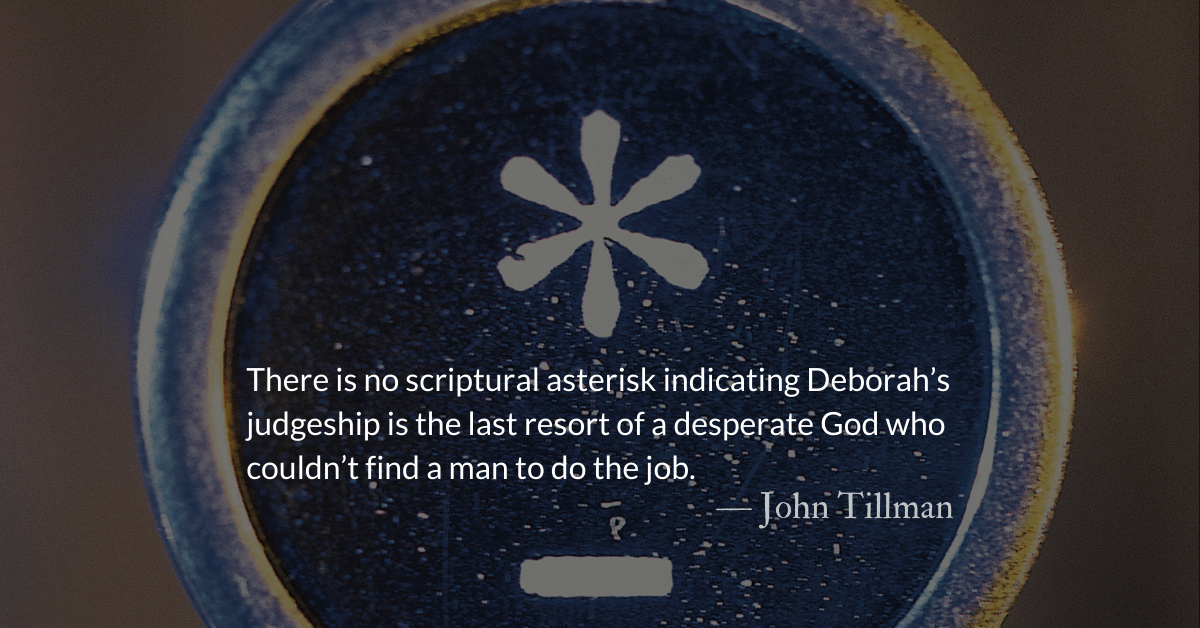Scripture Focus: Judges 10.6-7, 10-13
6 Again the Israelites did evil in the eyes of the Lord. They served the Baals and the Ashtoreths, and the gods of Aram, the gods of Sidon, the gods of Moab, the gods of the Ammonites and the gods of the Philistines. And because the Israelites forsook the Lord and no longer served him, 7 he became angry with them. He sold them into the hands of the Philistines and the Ammonites,
10 Then the Israelites cried out to the Lord, “We have sinned against you, forsaking our God and serving the Baals.”
11 The Lord replied, “When the Egyptians, the Amorites, the Ammonites, the Philistines, 12 the Sidonians, the Amalekites and the Maonites n oppressed you and you cried to me for help, did I not save you from their hands? 13 But you have forsaken me and served other gods, so I will no longer save you. 14 Go and cry out to the gods you have chosen. Let them save you when you are in trouble!”
15 But the Israelites said to the Lord, “We have sinned. Do with us whatever you think best, but please rescue us now.” 16 Then they got rid of the foreign gods among them and served the Lord. And he could bear Israel’s misery no longer.
Student Writers Month:
This month, The Park Forum welcomes college and seminary student writers pursuing ministry careers. For more info about our yearly Student Writer program, see our website.
Reflection: Surrendering Hearts
By Carolyn M. Soto Jackson
How many times did our parents tell us not to touch the hot plate? And what was the first thing some of us did? We touched the plate and burned ourselves. Most of us can agree our parents seemed to always be nagging us about something. Now as adults, we realize it was for our own good, we just could not see it.
Things were not much different 2000 years ago. We read in the Book of Judges how the children of Israel did evil in the sight of the Lord, again. Not behind God’s back but blatantly in front of Him, serving multiple gods. These were gods of weather, finance, love, and sex. After years of blatant idolatry, eventually God was angered enough he turned them over to the Philistines and the people of Ammon. We know this broke God’s heart. By allowing them to be conquered and serve other gods He gave them what they desired. Like many injured and desperate children, the Israelites cried out after constantly being harassed and oppressed. Scripture goes on to say the children of Israel cried out to the Lord, but God said he would not deliver them. This would be the first time it was recorded that God would not save his children. In God’s rejection of the Israelites, it begs the question, what was lacking in their initial repentance?
Not their voice, but their hearts.
It is one thing to say something and it is another to express it with action and a surrendered heart. All along, this is what God wanted, a relationship with His children. After ridding themselves of false gods and demonstrating true repentance, God’s heart was moved with compassion by their change of heart. God’s soul could no longer endure the misery of Israel.
Like many loving parents, it is difficult for God to see his children in misery, but he knows we have to humble ourselves because it is good for us. Our unfailing and unchanging God still wants our fullest attention and our whole hearts. You can be confident to know our parents may discipline us (Hebrews 12.10) for our own good, but our God knows what is best for not only us but for the Kingdom.
Divine Hours Prayer: A Reading
Jesus taught us, saying: “ I give you a new commandment: love one another; you must love one another just as I have loved you. It is by your love for one another, that everyone will recognize you as my disciples.” — John 13.34-35
– Divine Hours prayers from The Divine Hours: Prayers for Springtime by Phyllis Tickle
Today’s Readings
Judges 10-11:11 (Listen – 8:13)
Acts 14 (Listen – 3:54)
Read More about Readers’ Choice 2021
It is time to hear from you about the posts from the past eleven months (September 2020 – July 2021) that have challenged, comforted, and helped you find new meaning in the scriptures.
https://forms.gle/ozM13qvW9ouSWhJS7
Read more about Spiritual Indicators
These groups are spiritual indicators, testifying to the condition of the hearts of those who claim to follow God.






